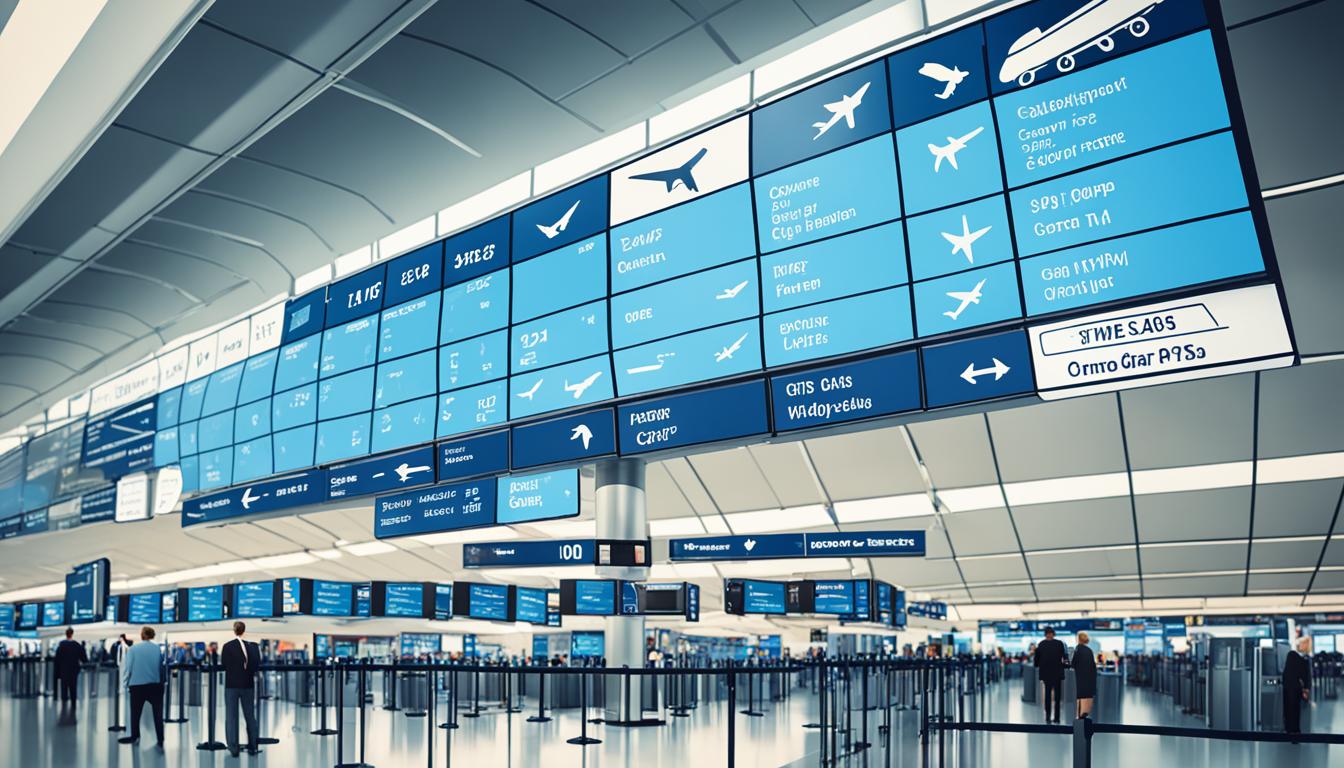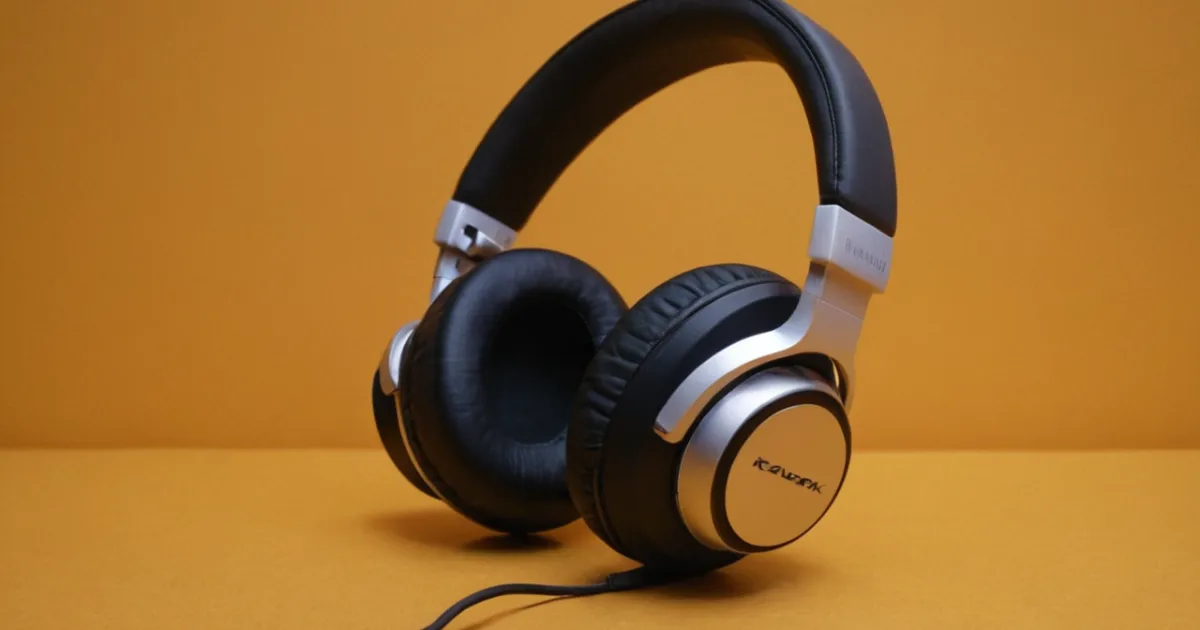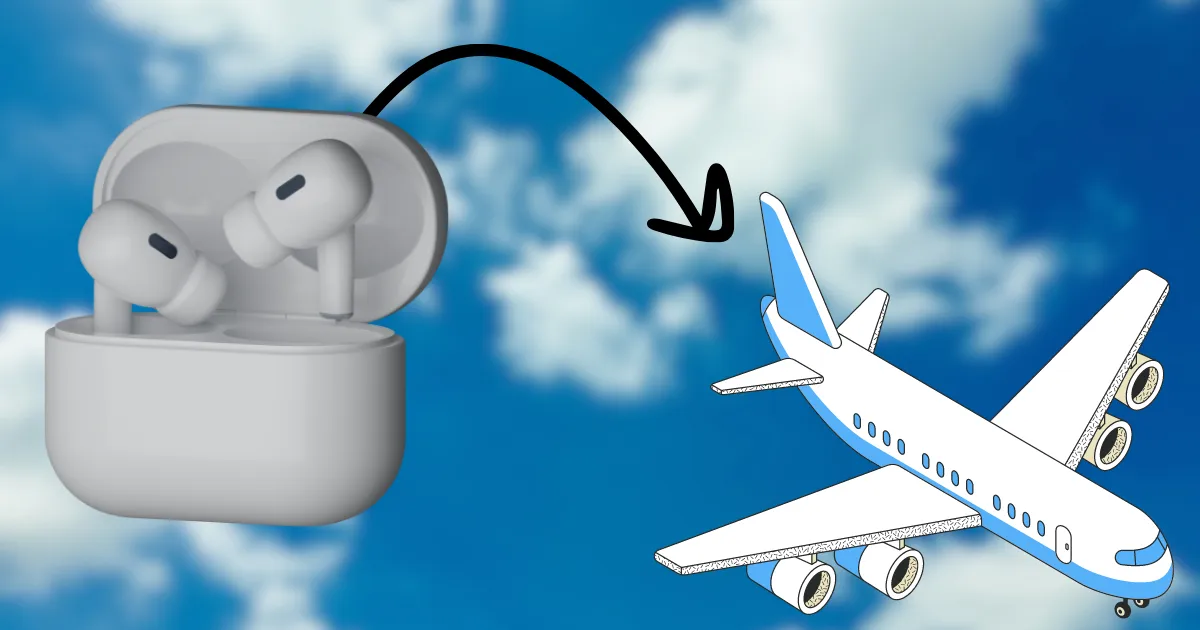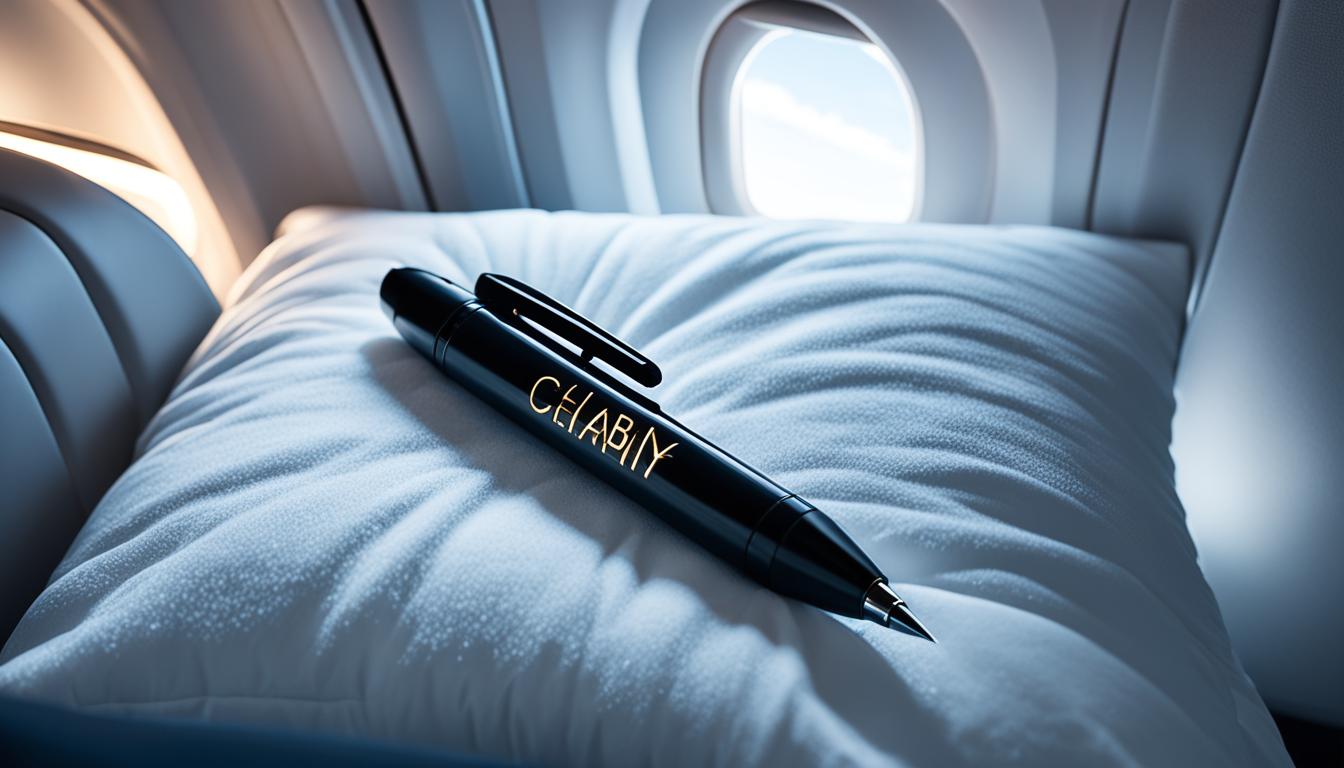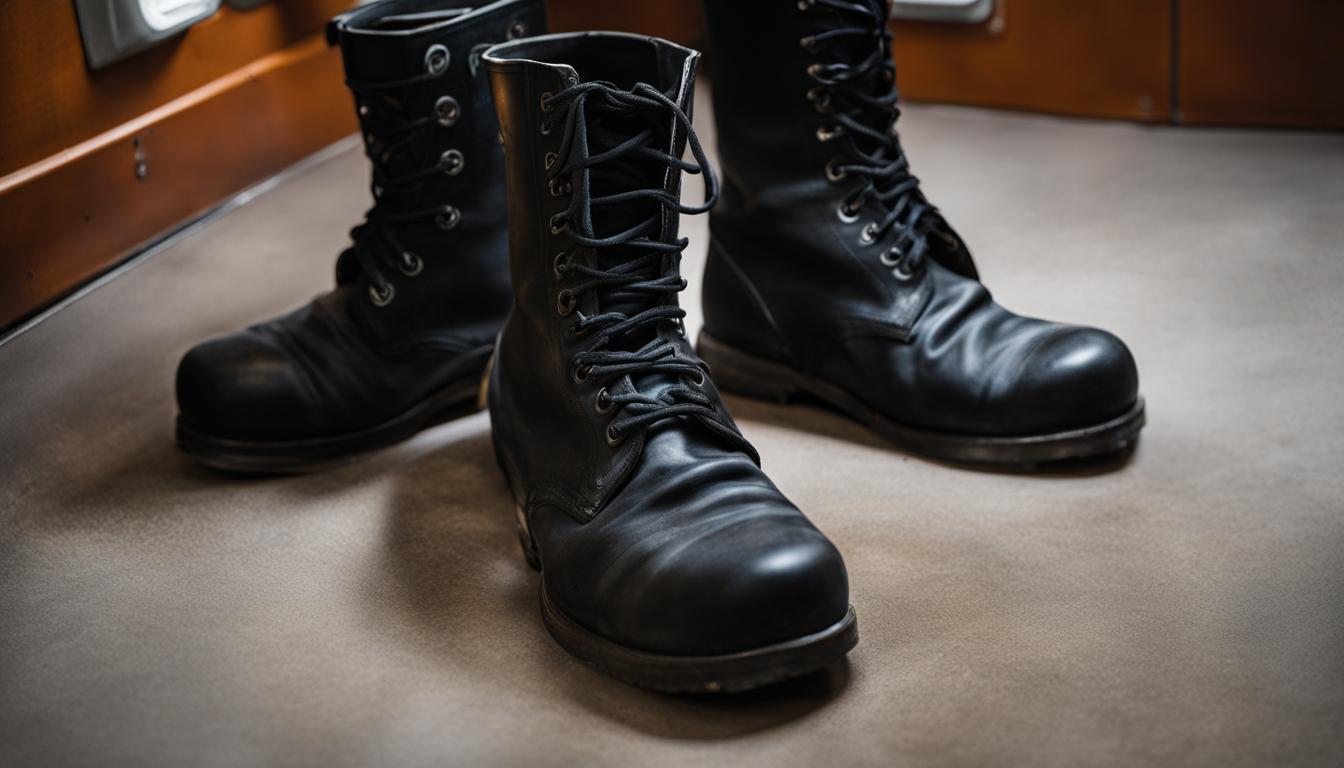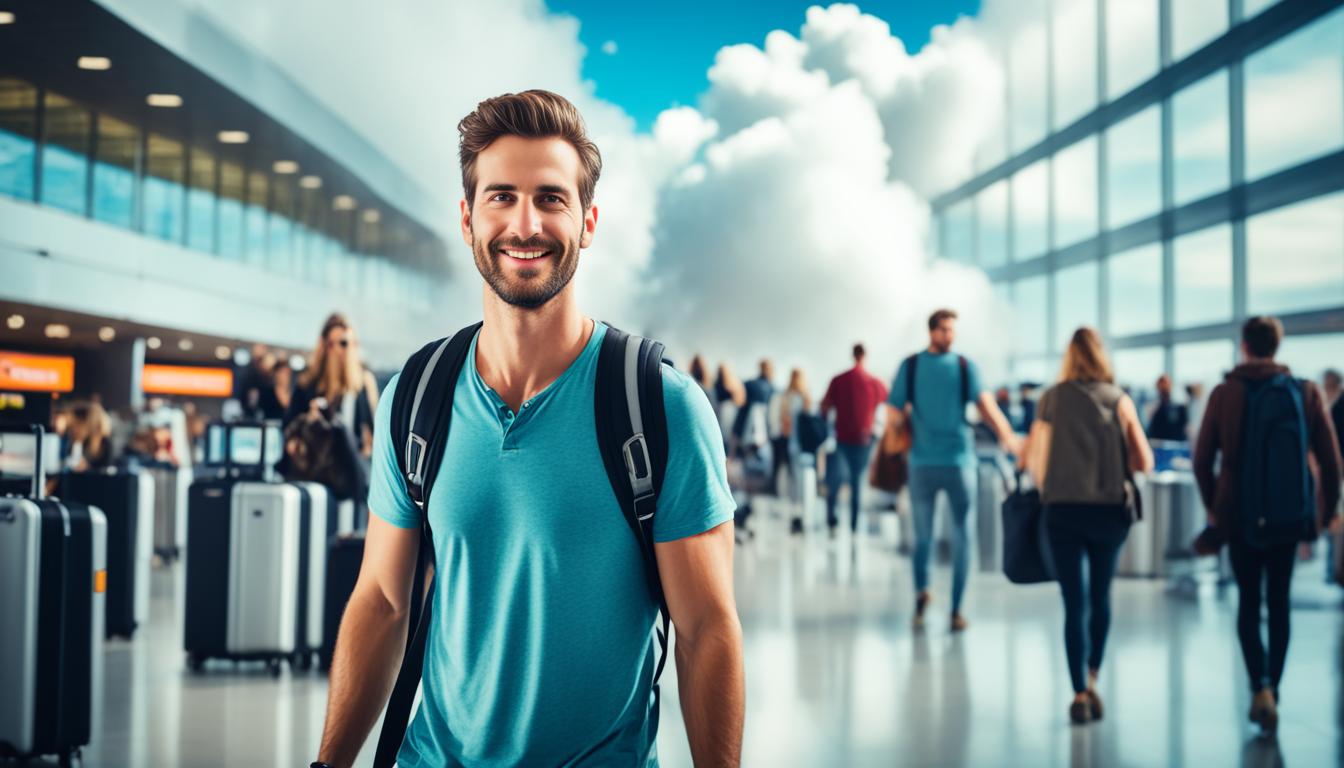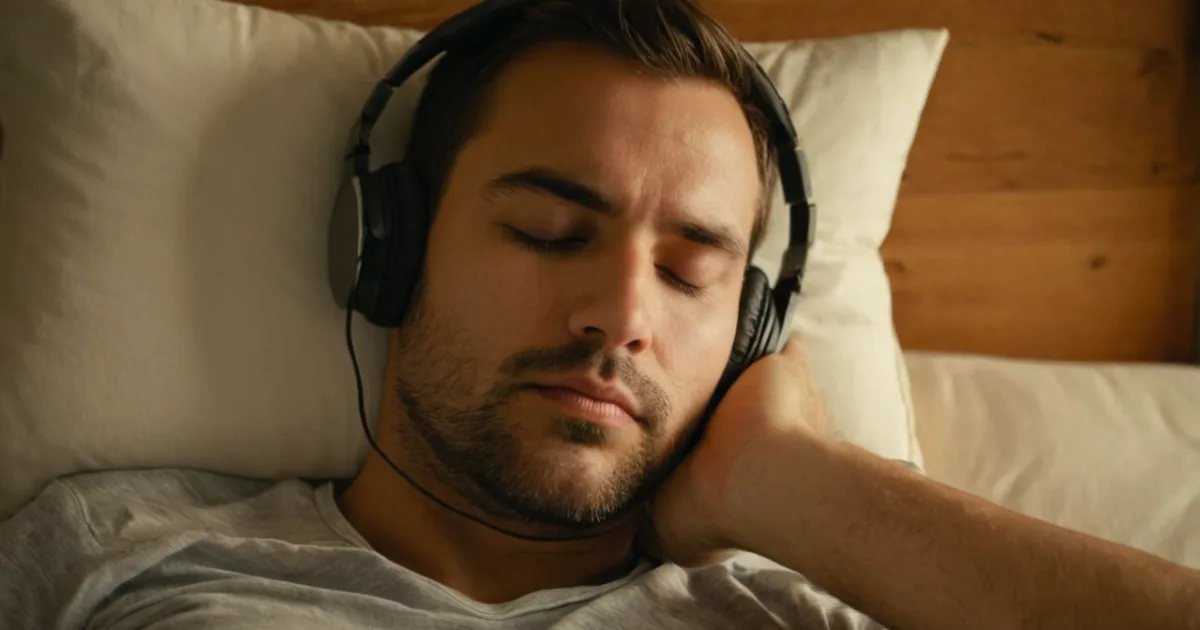
Are you curious about the safety of using noise-cancelling travel headphones while sleeping? Well, you’ve come to the right place! In this article, we’ll explore whether it’s safe or not to use these headphones during your slumber. So, let’s delve into the world of noise-cancelling technology and discover its potential impact on your sleep.
When it comes to getting a good night’s sleep, many people wonder if using noise-cancelling travel headphones is a viable option. Can you really block out all those disruptive sounds and drift off into dreamland? We’ll unravel the mysteries and considerations surrounding this topic.
With the increasing popularity of noise-cancelling headphones, it’s no wonder people are keen to utilize them for a peaceful sleep experience. So, let’s dive into the pros and cons and see if these headphones are a dream come true for your sleep routine.
Is It Safe to Use Noise-cancelling Travel Headphones During Sleeping?
Noise-cancelling travel headphones can be safe to use during sleep, but it’s essential to take precautions. First, choose headphones with a comfortable, lightweight design. Opt for models with built-in volume limits to prevent ear damage.
Additionally, select headphones with a sleep mode or automatic shut-off feature to ensure they don’t disturb your rest. Remember to keep the volume at a moderate level and take breaks from using them to prevent ear fatigue. It’s always a good idea to consult with a healthcare professional for personalized advice.
Science Behind Noise-cancelling Technology
Noise-cancelling travel headphones work by using built-in microphones to detect external sounds and then generating anti-noise sound waves to cancel them out. This technology effectively reduces ambient noise, which allows users to enjoy their audio without distractions. However, some people worry about the impact of these sound waves on their ears and overall health.
One of the main concerns is the potential for prolonged exposure to low-frequency sound waves, which are used to cancel out noise. While studies have shown that short-term exposure to these sound waves is generally safe, there is limited research on the long-term effects.
It’s important to note that noise-cancelling headphones are designed to meet safety standards and undergo rigorous testing before they are sold to the public.
The Benefits of Using Noise-cancelling Travel Headphones During Sleep
Despite the concerns, there are several potential benefits to using noise-canceling travel headphones during sleep.
Firstly, they can help individuals who are sensitive to noise to fall asleep and stay asleep, especially in environments with constant disturbances such as airplane cabins or busy city streets. The ability to block out external noise can create a more relaxing atmosphere and improve sleep quality.
Secondly, noise-cancelling headphones can also be helpful for individuals who suffer from conditions like tinnitus or hypersensitivity to sound. These individuals may find it particularly challenging to sleep in noisy environments, and the use of noise-cancelling technology can provide much-needed relief.
It’s important to consult with a healthcare professional if you have any underlying hearing conditions or concerns.
Lastly, noise-cancelling headphones can enhance the overall audio experience during sleep. Whether you use them to listen to calming music, podcasts, or white noise, the absence of external noise interference can create a more immersive and enjoyable listening experience.
This can be especially beneficial for those who have trouble falling asleep or staying asleep due to external distractions.
Tips for Safe Use of Noise-cancelling Travel Headphones During Sleep
To ensure the safe use of noise-cancelling travel headphones during sleep, consider the following tips:
1. Limit the duration of use: While noise-canceling technology is generally safe, it’s advisable to limit the duration of use, especially for long periods of sleep. Take breaks and remove the headphones periodically to give your ears a rest.
2. Adjust the volume: Keep the volume at a moderate level to prevent potential damage to your hearing. It’s important to listen to your body and reduce the volume if you experience any discomfort or ringing in your ears.
3. Choose a comfortable and ergonomic design: Opt for headphones that are specifically designed for sleep, with soft padding and a lightweight build. This will ensure maximum comfort and minimize the risk of discomfort or pressure points during sleep.
Using noise-canceling travel headphones during sleep can be a safe and effective way to block out unwanted noise and improve your sleep quality.
While there are some potential risks associated with prolonged exposure to low-frequency sound waves, following the tips for safe use can help mitigate any potential issues. Consult with a healthcare professional if you have any underlying hearing conditions or concerns.
Frequently Asked Questions
Noise-canceling travel headphones have become increasingly popular for their ability to block out external sounds and provide a more immersive listening experience. However, many people wonder if it is safe to use these headphones while sleeping.
In this article, we will address some common questions regarding the safety of using noise-canceling travel headphones during sleep.
1. Can I use noise-canceling travel headphones while sleeping?
While it is technically possible to use noise-cancelling travel headphones while sleeping, it is important to consider the potential risks. The main concern is that wearing headphones for an extended period during sleep can increase the risk of accidents as you may not be fully aware of your surroundings.
Additionally, wearing tight-fitting headphones for prolonged periods may cause discomfort or even pain.
If you do decide to use noise-canceling travel headphones while sleeping, it is recommended to choose wireless headphones that are specifically designed for comfort during sleep. Additionally, set a timer to ensure that the headphones automatically turn off after a certain period, reducing the risk of prolonged use.
2. Can wear noise-canceling headphones during sleep damage my ears?
When used responsibly, noise-cancelling travel headphones should not cause any long-term damage to your ears. However, it is essential to set the volume at a safe level, not exceeding the recommended limit. Excessive volume levels can potentially lead to hearing loss over time, even with noise-cancelling technology.
To protect your hearing, always start with the lowest volume setting and gradually increase it until you can comfortably hear your desired sound. If you experience any discomfort or pain in your ears while wearing noise-canceling headphones, it is advisable to remove them immediately.
3. Can noise-canceling technology affect my sleep quality?
Noise-canceling technology is designed to reduce external sounds, which can positively impact sleep quality for many people. By blocking out background noise, noise-cancelling travel headphones can create a quieter and more peaceful environment, promoting better sleep.
However, it is essential to note that using noise-cancelling headphones may not be suitable for everyone. Some individuals may find it challenging to fall asleep or stay asleep with the constant pressure sensation caused by the headphones. It is important to try them out and determine if they enhance or hinder your sleep quality before making them a regular part of your sleeping routine.
4. Are there any health risks associated with using noise-cancelling headphones while sleeping?
While there are no specific health risks directly linked to using noise-canceling travel headphones while sleeping, it is crucial to monitor your usage. Prolonged use of headphones, even with noise cancellation, can potentially lead to discomfort, irritation, or skin problems around the ears and head.
It is recommended to take regular breaks from wearing headphones, especially during sleep, to allow your ears and head to breathe and minimize any potential discomfort. Practicing good hygiene by keeping your headphones clean and using them in a clean sleeping environment can also help reduce the risk of any adverse health effects.
5. Are there alternative options for noise cancellation during sleep?
If you are concerned about using noise-cancelling travel headphones while sleeping, there are alternative options for noise cancellation. One popular option is to use earplugs specifically designed for sleep, which can effectively block out external sounds without the need for headphones.
Another option is to use white noise machines or sleep apps that play soothing sounds or music to mask background noise. These options provide a non-invasive way to create a calm sleep environment without the need for wearing headphones. Experiment with different methods to find the one that works best for you.
Using noise-cancelling travel headphones while sleeping can be safe, but it’s important to exercise caution. These headphones can help block out external sounds and promote better sleep.
However, it’s crucial to use them responsibly and at a safe volume to avoid potential risks and hearing damage. Make sure to follow the manufacturer’s guidelines and prioritize your safety and well-being when using these headphones during sleep.
In addition, it’s essential to be aware of your surroundings, especially if you are sleeping in unfamiliar environments. Noise-canceling headphones can make it harder to hear alarms, important messages, or emergencies.
If you decide to use them while sleeping, consider using a vibrating alarm or relying on a trusted companion to wake you up if needed. Remember, your safety is always the top priority, so use these headphones responsibly and be mindful of potential risks.

